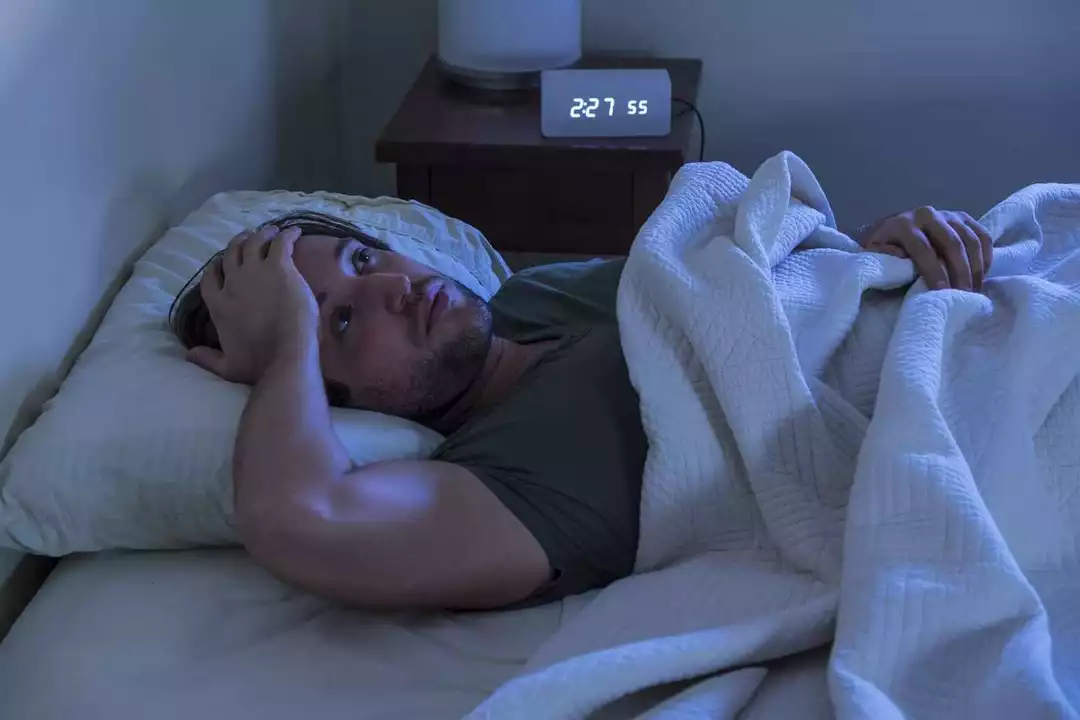Sleep disturbances: a practical guide to better nights
Struggling to fall asleep or waking up exhausted? You're not alone. Sleep problems affect focus, mood, and health. This page gives clear, useful steps you can try tonight and tips when to get medical help.
Common types include insomnia, fragmented sleep, sleep apnea, restless legs, and circadian rhythm issues. Some people sleep too much (hypersomnia) or have nightmares and night terrors.
Look at causes before blaming a mattress. Poor sleep habits, shift work, late caffeine or alcohol, pain, anxiety, depression, and certain meds all matter. Drugs like stimulants, some antidepressants, steroids, and decongestants often worsen insomnia.
Quick fixes that actually help
Start with routine. Go to bed and wake up at the same time, even on weekends. Keep your bedroom cool, dark and quiet. Put phones away an hour before bed—blue light tricks your brain into staying alert. Limit naps to 20 minutes and don’t nap late afternoon. Exercise helps but not right before bed.
Try melatonin first. Melatonin (0.5–3 mg) can shift your clock for jet lag or shift work. Diphenhydramine or doxylamine are sedating antihistamines but they make some people groggy and can interact with other drugs. Avoid mixing sleep pills with alcohol. If you take prescription meds, ask your pharmacist about interactions — for example, tricyclics and some antidepressants can raise sedation or cause restless sleep.
If you buy meds online, use a verified pharmacy and keep your prescriptions current. Our site has guides on safe online pharmacies and what to ask.
When to see a doctor
Make an appointment if poor sleep lasts three weeks, if daytime sleepiness affects work, or if you snore loudly and gasp. Tell your clinician about mood changes, pain, or medications. They may order a sleep study or suggest CBT‑I, CPAP for apnea, or a short medication trial.
Small changes stack up—consistency, light, and timing matter most. Try one change tonight and track how you feel. If things don’t improve, talk to a clinician.
Try sleep restriction therapy: limit time in bed to actual sleep time plus 30 minutes — this reduces time awake in bed and strengthens sleep drive. Use a sleep diary or phone app for two weeks. Track bedtime, wake time, naps, caffeine, and how rested you feel.
Avoid large meals within two hours of bed and steer clear of spicy food that can cause heartburn. A cool bedroom around 60–67°F (15–19°C) usually works best. Wear breathable sheets.
If anxiety wakes you, try 4-7-8 breathing: inhale 4 seconds, hold 7, exhale 8. It’s quick and safe. Weighted blankets can help people with restlessness. Start with a blanket about 10% of your body weight.
Caffeine peaks about 30–60 minutes after drinking but can last 6–8 hours. If you fall asleep late, cut off caffeine after early afternoon. Nicotine is a stimulant. Vaping or smoking near bedtime harms sleep quality.
Small habits add up. Start one change this week and note improvements. Ask a clinician for targeted help if sleep still suffers.
In my recent research, I discovered that Acamprosate, a medication commonly used to treat alcohol dependence, can also impact sleep quality. It appears that Acamprosate may help improve sleep by reducing alcohol cravings, which can lead to better overall sleep patterns. However, some studies have shown that it can cause insomnia as a side effect for some individuals. It's essential for those taking Acamprosate to monitor their sleep quality and consult their doctor if they experience any issues. Overall, the medication's effect on sleep varies from person to person, and more research is needed to understand its full impact.
